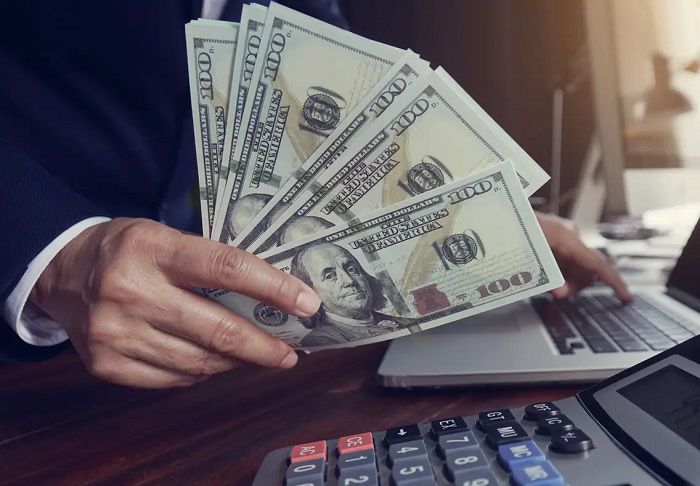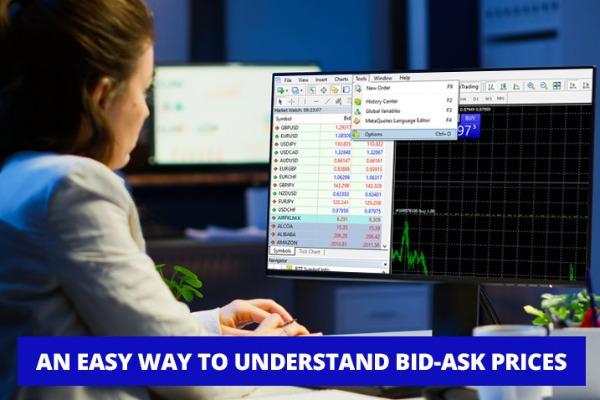Believe it or not, leverage is better reduced for traders who are not experienced enough in using leverage the right way. Read more to explore the reasons why.
Leverage is the concept of using borrowed capital to trade a financial instrument such as forex, stock, and security. It is very common in forex trading and it is one of the reasons why this financial market is appealing to many people. Brokerage accounts make leverage available through margin trading whereby the broker is the source of the borrowed funds.

Leverage enables traders to access a larger amount of funds than what is in their accounts. Invariably, it enables traders to open large positions thus increasing their chances of making substantial profits. The returns from favorable movements of a particular currency pair become magnified due to the use of leverage. But, there is also an increased possibility of suffering huge losses if the price movement is not favorable.
For that particular reason, leverage is essentially a double-edged sword that cuts both ways by increasing the chances of both profits and losses depending on the price direction. This is why forex traders are advised to learn how to manage leverage and adopt risk management strategies that will help to reduce forex losses.
See Also:
Leverage varies from one broker to another as it can be 20:1, 50:1, 100:1, 200:1, or even 400:1 depending on the broker chosen by the trader. Taking the leverage of 100:1, as an example, allows a trader to open a position of up to $100 for every $1 in their account. If they have $1,000 available, then such a trader can enter trades of up to $100,000. In other words, the trader can earn potential profits equivalent to a $100,000 trade. The same principle applies across all forms of leverage irrespective of size.
Reduce Your Leverage to Minimize Risks
Due to the inexperience or greed of many traders, once they learn about leverage and its benefits, they ignore the downsides which lead to them losing a lot of money. This is why many brokers, especially the highly regulated ones, offer traders reduced leverage as it is part of their conditions to keep operating as brokers.
Reducing forex leverage ensures that the trader's capital is protected when mistakes are made. It also enables the trader to maintain consistent returns since they are not just looking for one big payday but are required to be patient enough to accumulate the profits and learn from the losses suffered gradually.
Many professional traders prefer using low leverage such as 10:1 or 20:1 and it is possible to trade with these low forms of leverage and be profitable even though they will have to deposit more money and execute fewer trades. Regardless of the trading style employed, the mere fact that the leverage is there does not mean the trader has to be so eager to use it. Truth is, the lesser traders use leverage to trade, the better it is because experience is needed to use leverage wisely. In fact, it is probably much better for traders to identify when leverage should be used and when it should be completely avoided.
You need to remember that forex trading is not a sprint but a marathon, in which you should do everything to keep yourself in the game for a long time by making profits regularly while trying to mitigate losses. Reducing the leverage you use as well as the number of times you use it will set you up in a position where you can enjoy regular success as a forex trader. As intriguing as leverage in forex trading is, without the right level of experience and self-discipline, using leverage carelessly and quickly can push you into the cycle of heavy losses until your whole trading capital is drained. Be smart and cautious when using leverage.

 Dedicated FREE FOREX VPS
Dedicated FREE FOREX VPS Free FOREX Virtual Private Server
Free FOREX Virtual Private Server MT4 Demo Contest, Get $500
MT4 Demo Contest, Get $500 Sign Up for an Account, Claim 60% Deposit Bonus
Sign Up for an Account, Claim 60% Deposit Bonus Free MT4/MT5 VPS 2024
Free MT4/MT5 VPS 2024 Send E-mail and Get Free Merchandise
Send E-mail and Get Free Merchandise $1K Refer a Friend Bonus for Pepperstone Pro clients
$1K Refer a Friend Bonus for Pepperstone Pro clients Maximize Your Earnings with 100% Deposit bonus
Maximize Your Earnings with 100% Deposit bonus Trade to Win, $5,000 Monthly Demo Contest
Trade to Win, $5,000 Monthly Demo Contest Claim 30% + 15% Deposit Bonus from LiteFinance
Claim 30% + 15% Deposit Bonus from LiteFinance












1 Comment
Mai Valentine
Nov 14 2022
So, leverage without control can be basically make traders greedy, right? Based on the article, you said leverage is the capital loaned to traders by brokers. Leverage gives you more power when making purchases with a small deposit. However, it is a double-edged knife, giving you the opportunity to profit from higher trading volumes, or it could lead to margin calls due to too many open buy trades. At this case, leverage either can make you success or make you fail. So You must use it wisely or you will fail in Forex. By reading your article, I can understand the function of leverage, the pros and the cons too. My question is what leverage size should I choose and what is the minimum capital to start forex?